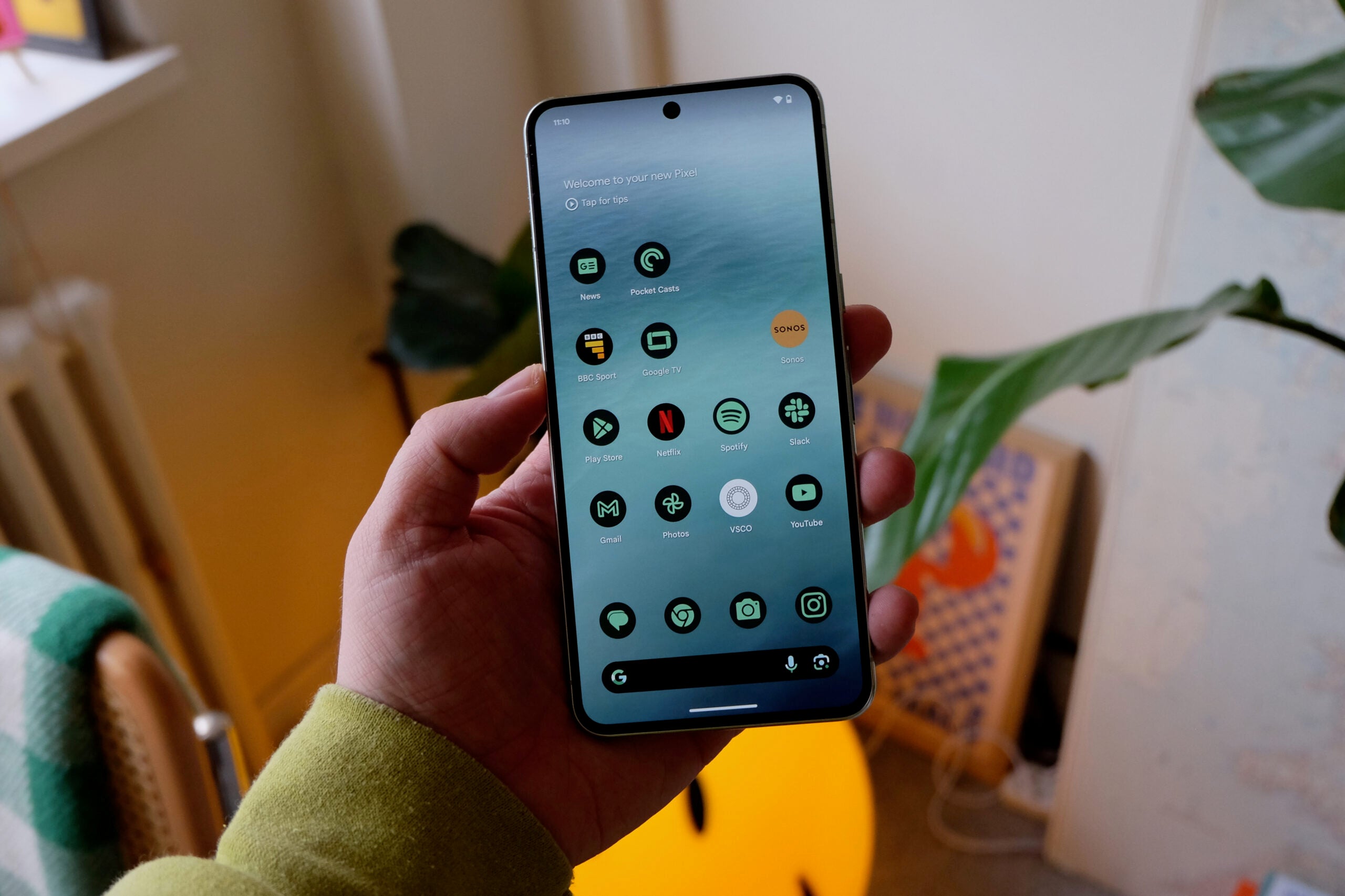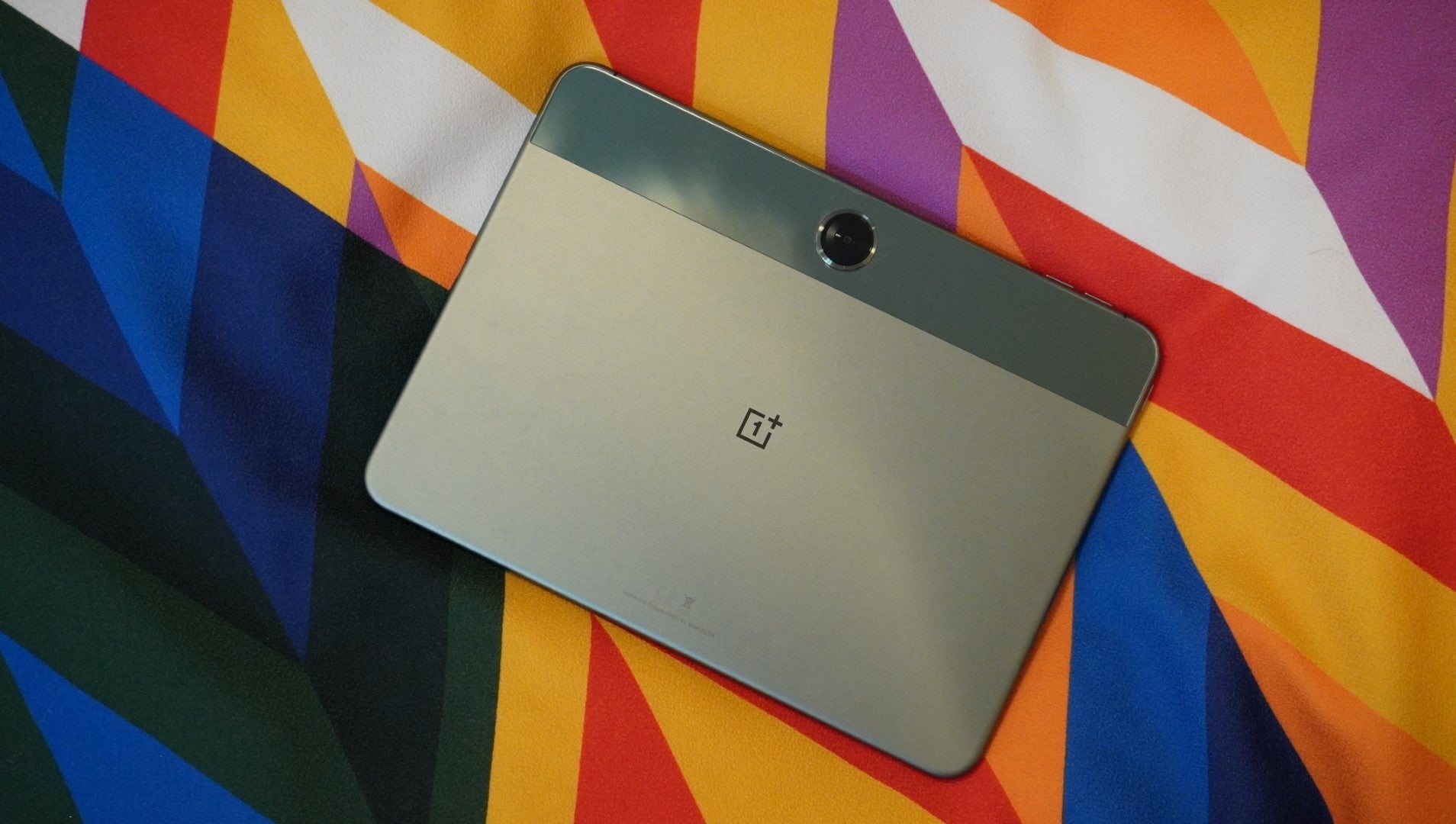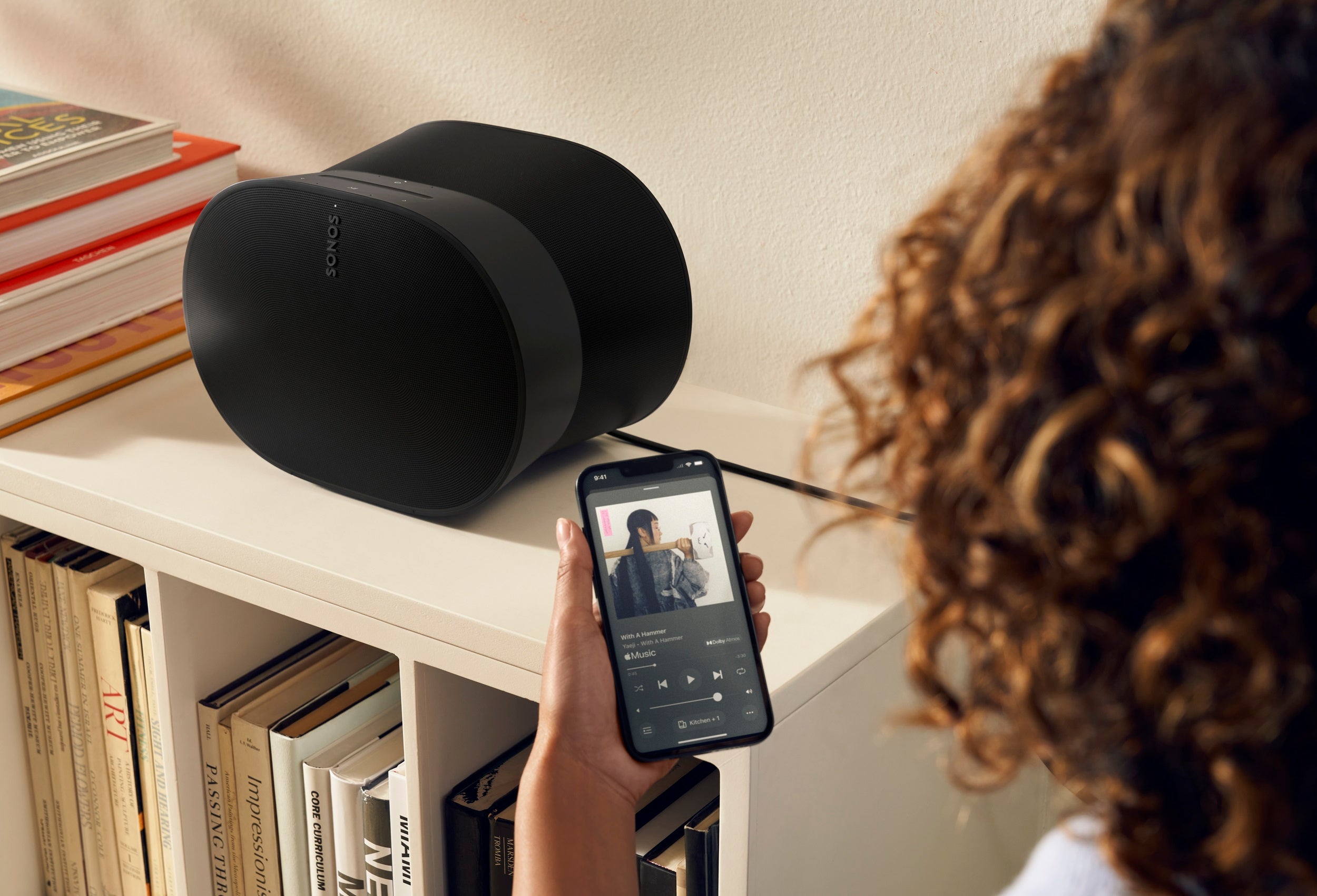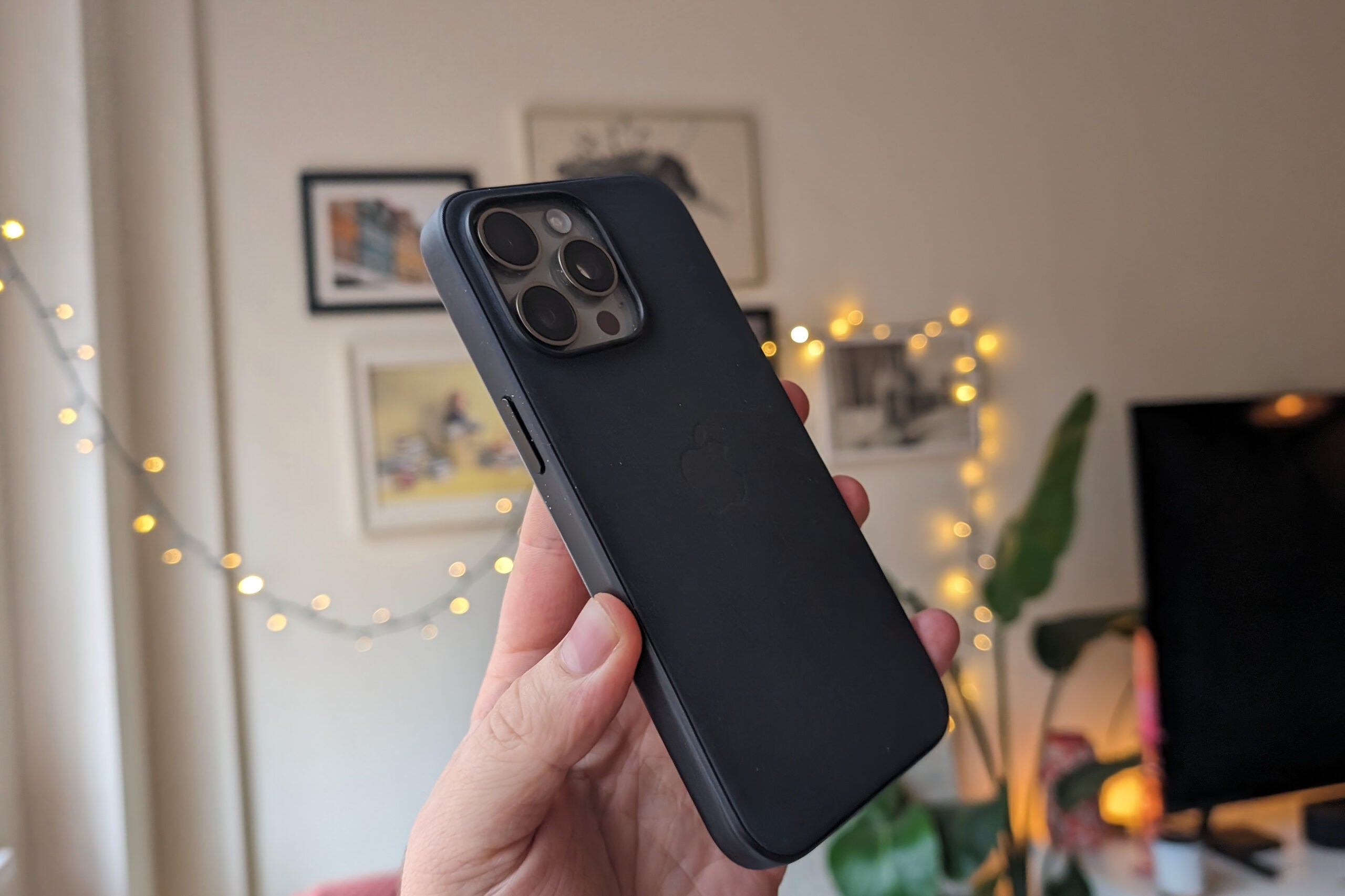An end to annoying sounds: how Quiet Mark works with manufacturers to make better products
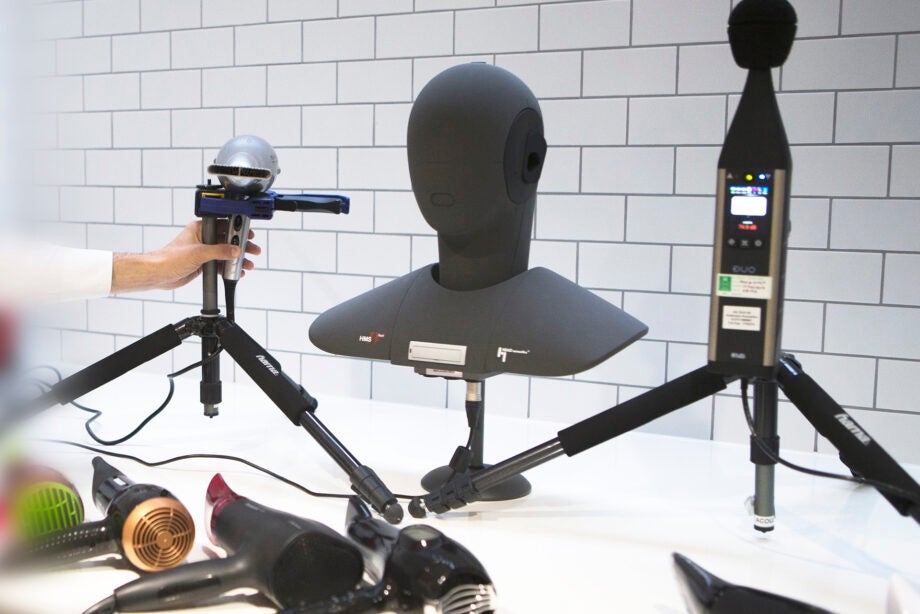
It was July 1959 and entrepreneur John Connell OBE had just written to the Telegraph to complain about the levels of noise at the time. Sackfulls of letters agreeing with him that the current situation was absolutely awful, persuaded Connell that something had to be done and the Noise Abatement Society (NAS) charity was founded later that year.
Campaigning to rid the UK of harmful noises, the NAS was instrumental in getting the 1960 Noise Abatement act passed, the first time that sound was classified as a statutory nuisance. Clearly, Connell was a man way ahead of his time.
Years later, the NAS was still running under the stewardship of Connell’s daughter, Gloria Elliott OBE, continuing its good work but with the issue of how to raise money for the charity. Gloria’s daughter, and Connell’s granddaughter, Poppy Szkiler, would come on board with an idea that would change everything.
“It was difficult to articulate [what NAS did] in order to raise money,” explained Szkiler. “We’re talking sewer noise, aircraft, unglamorous stuff.”
Szkiler’s idea was to create a separate company to raise money for the charity, making noise control cool and relevant: the result was Quiet Mark. Working directly with manufacturers, Quiet Mark’s mission was to certify those products around the home that were genuinely quiet and less intrusive.
Sound quality, not decibels
It’s a mission that has seen growing support in recent years, particularly with more of us working at home as a result of the pandemic and being subjected to just how intrusive our home appliances are, from vacuum cleaners to fridge freezers.
Quiet Mark’s certification programme uses acousticians to monitor the sound that appliances produce, but it’s not just about decibels.
“Decibels are just one aspect of sound measurement,” says Szkiler, pointing out that there’s a lot more complexity going on.
“The best way to understand sound quality is to take a bowl of soup as the sound-producing product,” Szkiler explains. “The temperature of the soup is decibels, and the content (chicken, tomato or whatever) is the sound quality.
“Sound quality is important: a soup can be too sugary or too salty. There are lots of aspects to that soup, to the point where temperature isn’t even that important.”
Sound quality is a complex and difficult subject, that delves into how we humans perceive audio. For example, a smoke alarm running out of batteries and blasting a high-pitched beeping sound can be intrinsically more annoying than a constant low rumbling from a washing machine.
Measuring all aspects of sound, and then awarding those products that produce the best quality of sound is what Quiet Mark is all about.
“We give Quiet Mark awards to those products that have excellent sound quality,” explains Szkiler. “Two products can have the same sound in decibels, but one is pleasant and the other you don’t want to stand next to.”
Quiet Mark tests at a variety of labs across the world, including its HQ in London. Testing is deliberately done in the harshest of environments, on solid floors and tiled walls, to put products in the worst places possible for sound quality.
“We use deep analysis and note all of the characteristics of the sound,” explains Szkiler. “It’s a very expensive and very in-depth process.”
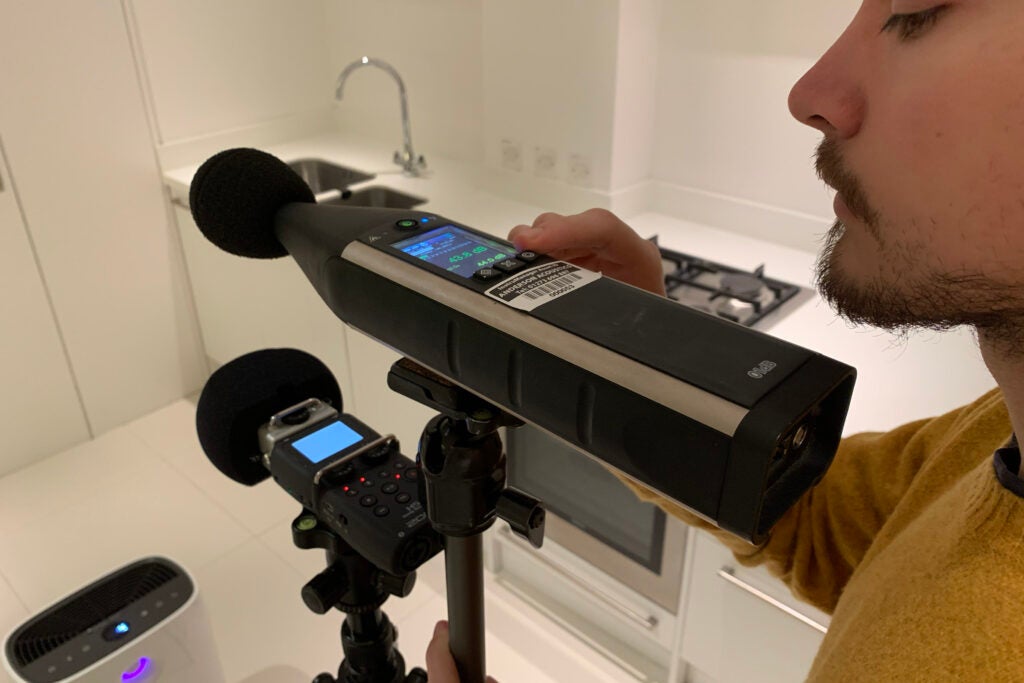
Analysing the data, Szkiler explains that “we represent what an average human is wired to hear”, awarding those products that are tuned to deliver a better reaction in real people.
The company doesn’t just focus on a product running at full pelt, it measures all of the “beeps and bleeps”.
As well as rating products, Quiet Mark can get on board at an early stage, helping manufacturers through R&D and into production to build quieter products.
An emotional response
The issue with sound is that it invokes an emotional and physical response in us. According to the WHO Burden of Disease report, “Noise can cause a number of negative health effects, increased blood pressure and stress, inability to sleep, fatigue, a sense of isolation and interference with communication.”
A big part of the issue with modern life is artificial sounds.
“Humans can concentrate on 1.5 conversations,” explains Szkiler. “We’re not designed to cope with the sounds we’re producing. We campaign to help people understand while they’re tired, or why they’re irritated.”
Lockdown has helped more of us come to understand the damaging impact of sound on our lives.
“Awareness has been driven through lockdowns,” explains Szkiler. “We’ve experienced in streets and cities how it should be.”
That knock-on effect is that more people want quieter products in their homes, with John Lewis seeing 10,000 extra hits at the start of lockdown by people searching for Quiet Mark products. The scale is bigger but this isn’t a new phenomenon: Quiet Mark branded products demonstrably drive sales.
That’s good news for our mental health, but it’s also good news for all of us in general. When a company with a Quiet Mark certification starts to sell out of a product, the competition has to pay attention and build quieter products themselves.
Quiet Mark continues to expand into new product categories, presenting its information for free on its website, as well as in dedicated shopping areas on major retailer’s sites, including Argos, John Lewis and VERY.
Into the built environment
While products may be a big source of noise pollution at home, the pandemic, and the quieter cities that it brought (for a time at least), have shown that noise control needs to be in place everywhere.
For those reasons, Quiet Mark also works in the building industry, with its certification programme helping the likes of architects create quieter buildings. Quiet Mark also tests and certifies building materials from insulation to acoustic fabrics and flooring, helping developers find and use the materials that help create calmer environments.
Ten years on from launch, Quiet Mark has grown massively, turning into a global player and highlighting the issue of noise pollution across a huge range of industries and products. The company’s mission is something that Trusted Reviews firmly believes in. Since its launch in 2002, Trusted Reviews has been dedicated to bringing its readers the best, impartial reviews of technology products. Through our partnership with Quiet Mark, we aim to expand that remit to include highlighting products that are quieter and more pleasant to use.


